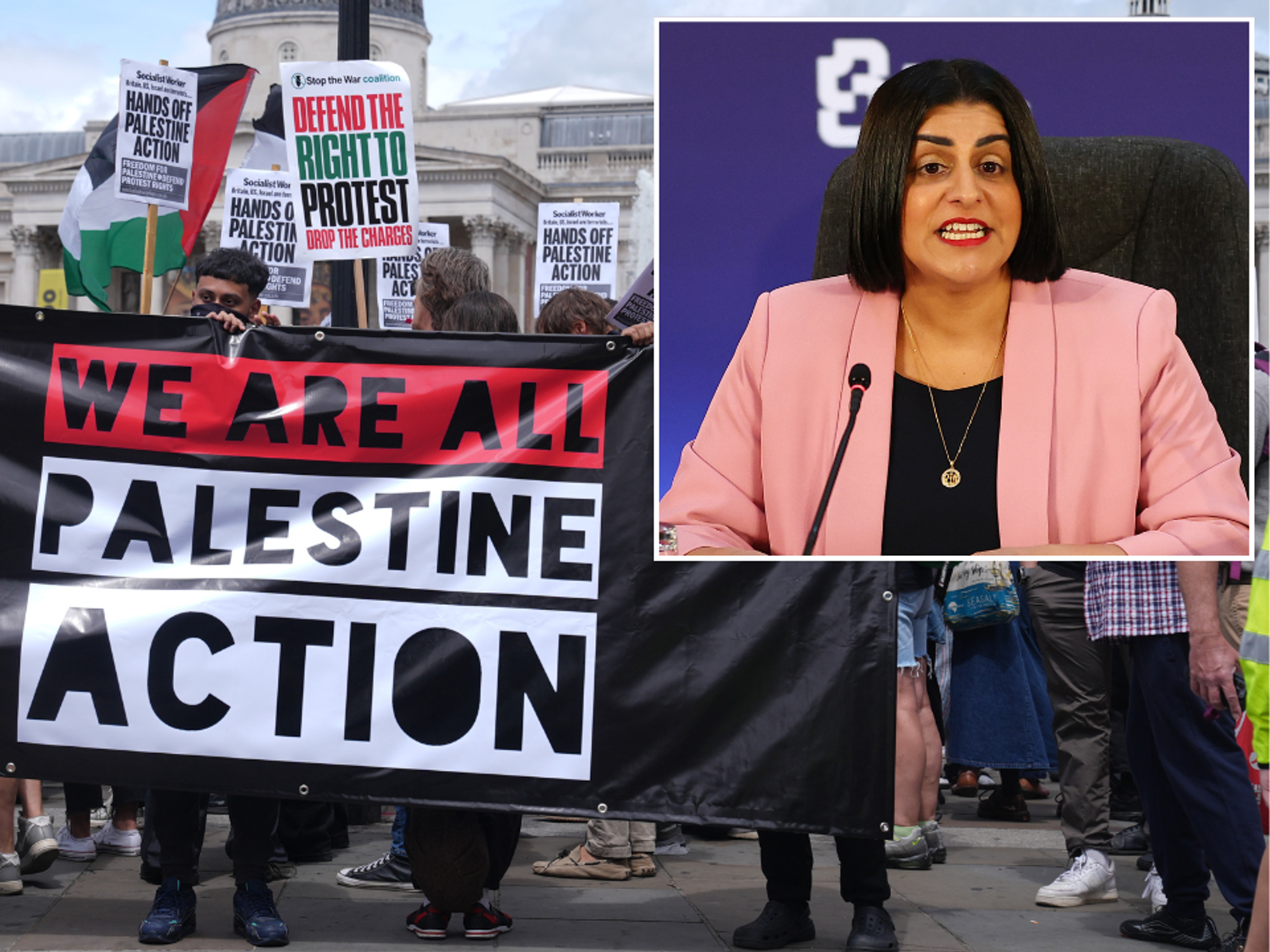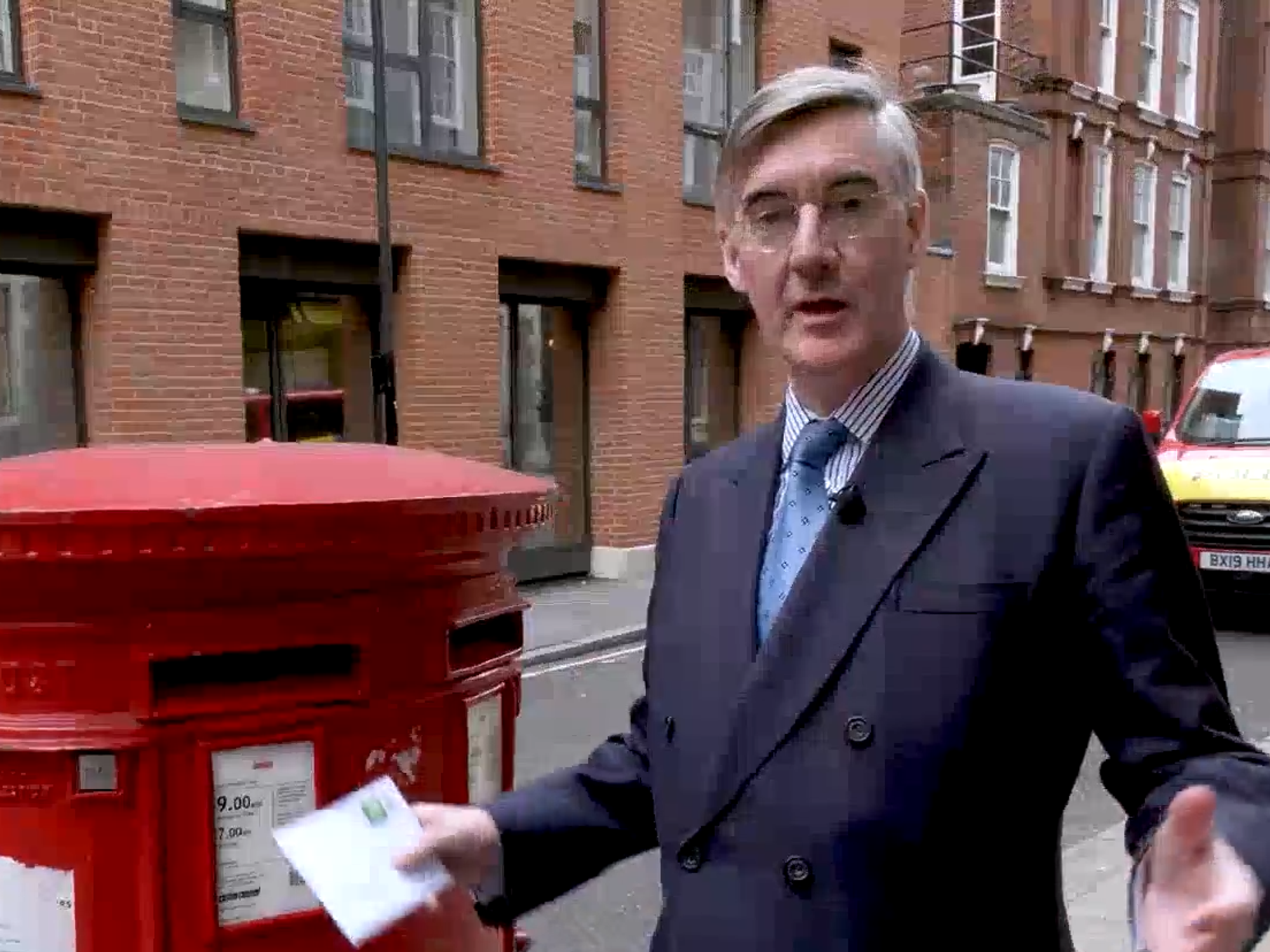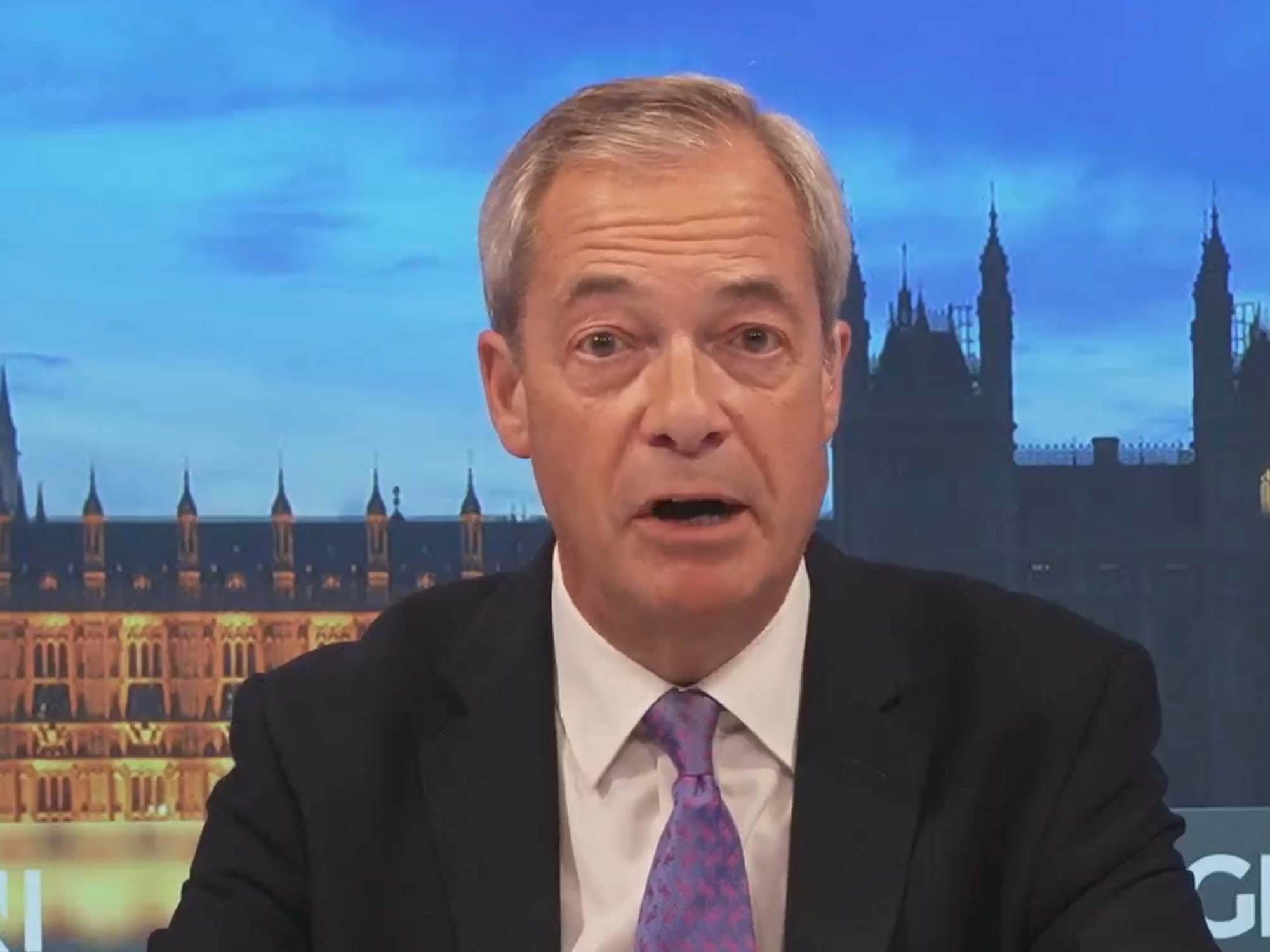Covid: Boris Johnson faces backlash over plans to introduce mandatory vaccine passports for clubs
The PM announced plans to only admit double-jabbed people into nightclubs and other large venues from the end of September - sparking huge backlash
Don't Miss
Most Read
Boris Johnson is facing a huge backlash over plans to introduce mandatory Covid-19 vaccinations compulsory for nightclubs and other large events from October.
Clubs, backbench Tories and opposition MPs criticised the Boris Johnson’s announcement on Monday – the day that clubs in England were allowed to open for the first time since March last year.
He was also told to clarify the relaxation of isolation rules for some fully-vaccinated critical workers who are close contacts of Covid-19 cases after a Government statement said it would not be a “blanket exemption for any sector or role”.
Speaking from self-isolation on so-called “freedom day”, Mr Johnson warned venues with large crowds that they must make full vaccination a requirement of entry from the end of September.
Chief scientific adviser Sir Patrick Vallance said during the Downing Street press conference clubs had the potential to cause “super spreading events”.
Mr Johnson declined to rule out extending vaccination passports to pubs as he attended the briefing virtually from his country residence of Chequers. Night Time Industries Association chief executive Michael Kill accused the Government of “an absolute shambles”.
“So, ‘freedom day’ for nightclubs lasted around 17 hours then,” he said.
“80% of nightclubs have said they do not want to implement Covid passports, worrying about difficulties with enforcing the system and a reduction in spontaneous consumers, as well as being put at a competitive disadvantage with pubs and bars that aren’t subject to the same restrictions and yet provide similar environments.”
Police talk to security as people queue up for the Egg nightclub in London, after the final legal coronavirus restrictions were lifted in England at midnight. Picture date: Monday July 19, 2021.
Jonathan Brady
Mark Harper, the Conservative former chief whip who chairs the Covid Recovery Group of Tory lockdown-sceptics, criticised the plans as “effectively moving to compulsory vaccination”. Former health secretary Jeremy Hunt, the Conservative chairman of the Health and Social Care Committee, questioned why the Government was delaying the plans until the autumn.
Labour’s shadow health minister Justin Madders said: “How can it be safe to go to nightclubs now, with no protective measures, if in September it will require double jab status? It makes no sense.
“This proposal is more confusion and incompetence from the heart of Government at the expense of public health. They need to get a grip.”
In other developments:
- American citizens were warned against going to the UK when Britain was placed on the highest level of US travel guidance over spiralling coronavirus cases.
- A further 39,950 lab-confirmed cases were announced in the UK on Monday, along with an additional 19 deaths within 28 days of a positive Covid test.
- NHS Test and Trace was understood to have told health minister Edward Argar to isolate over a contact with Health Secretary Sajid Javid.
- Mr Javid announced that children who are at increased risk of Covid-19 are to be offered the Pfizer vaccine “as soon as possible”, as are those living with people with weakened immune systems.
Mr Johnson resisted calls to announce a more wide-reaching change to quarantine rules to reduce the number of people in isolation amid a so-called “pingdemic” as Covid cases soar and bosses warn of severe staff shortages.
He argued it is necessary to keep the rules largely unchanged until August 16, when a testing regime will replace the requirement for fully-vaccinated contacts to isolate. The Prime Minister argued self-isolation as “one of the few shots we have got left in our locker”, on the day he scrapped most remaining legal restrictions and defended the move’s timing.
But he did announce a limited change for a “a very small number” of fully-vaccinated critical workers who will be able to leave isolation for their roles.
Mr Johnson suggested it would cover some in hospitals and care homes, or working in the supply of food electricity and medicines, and transport, defence and borders.
Vaccines minister Nadhim Zahawi said the change would cover the police, air traffic controllers and train signallers, and others in “circumstances where there would be a serious risk of harm to public welfare if people in critical roles are unable to go to their workplace”.
But neither went further in setting out who it would apply to and a subsequent Government statement said departments will be writing to employers to explain their next steps.
“This is not a blanket exemption for any sector or role. Decisions to inform an employer that designated critical workers are considered to have a reasonable excuse to attend work will be made by the relevant department with responsibility for the critical service,” a spokesman said. Lib Dem health spokeswoman Munira Wilson accused the Government of “chaotic late-night meddling with the self-isolation criteria” that will “sow further confusion”.
“The Government must stop undermining all the sacrifices we’ve made through their continued incompetence and issue immediate clear guidance to everyone affected by these changes,” she added.
The British Retail Consortium also called for clarity on who would be exempt and said retail workers and argued suppliers should be included for the “vital role” they have played in the pandemic.
Chief executive Helen Dickinson said: “While it is good that Government recognises the problems that are being created by an overzealous track and trace system, it remains unclear who will be covered under the new list of critical workers.
“With community cases soaring, the number of healthy retail staff having to self-isolate is rising fast, threatening to disrupt retail operations, and potentially close shops or distribution centres.”
The Prime Minister was self-isolating in his official country residence after Mr Javid tested positive for Covid-19. Mr Johnson and Chancellor Rishi Sunak initially tried to avoid quarantining after being contacted by NHS Test and Trace, by saying they were taking part in a testing pilot.
But in the face of mounting public fury they made a swift U-turn, which meant three of the most senior ministers were among those in quarantine on “freedom day”.
Mr Johnson insisted he did not think he was above the rules, following the aborted plan that would have allowed him to continue working from Downing Street instead of self-isolating.
“I absolutely didn’t think that,” he told the press conference.
“I am today on Zoom or Teams or whatever brilliant system it is that we are using.”












